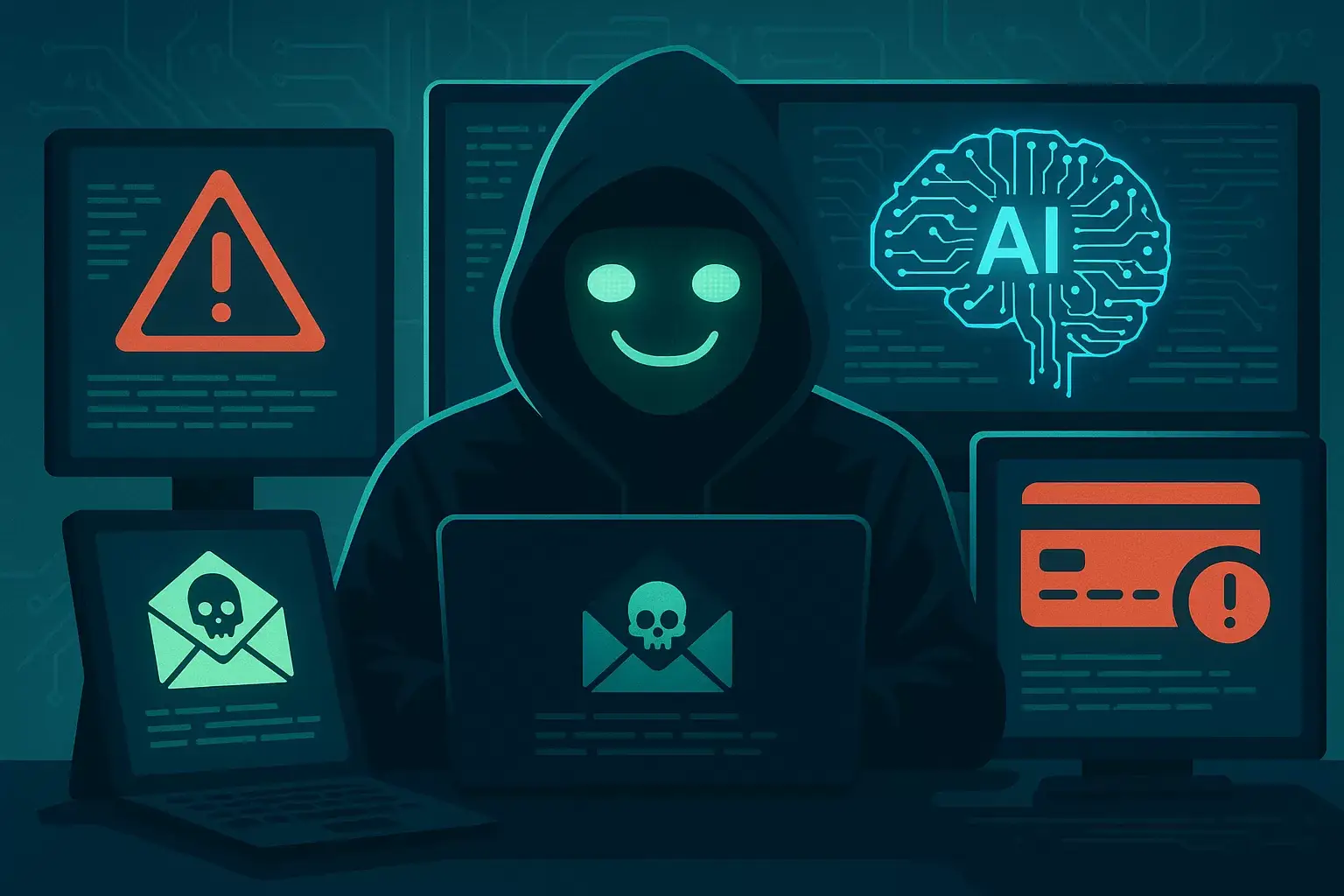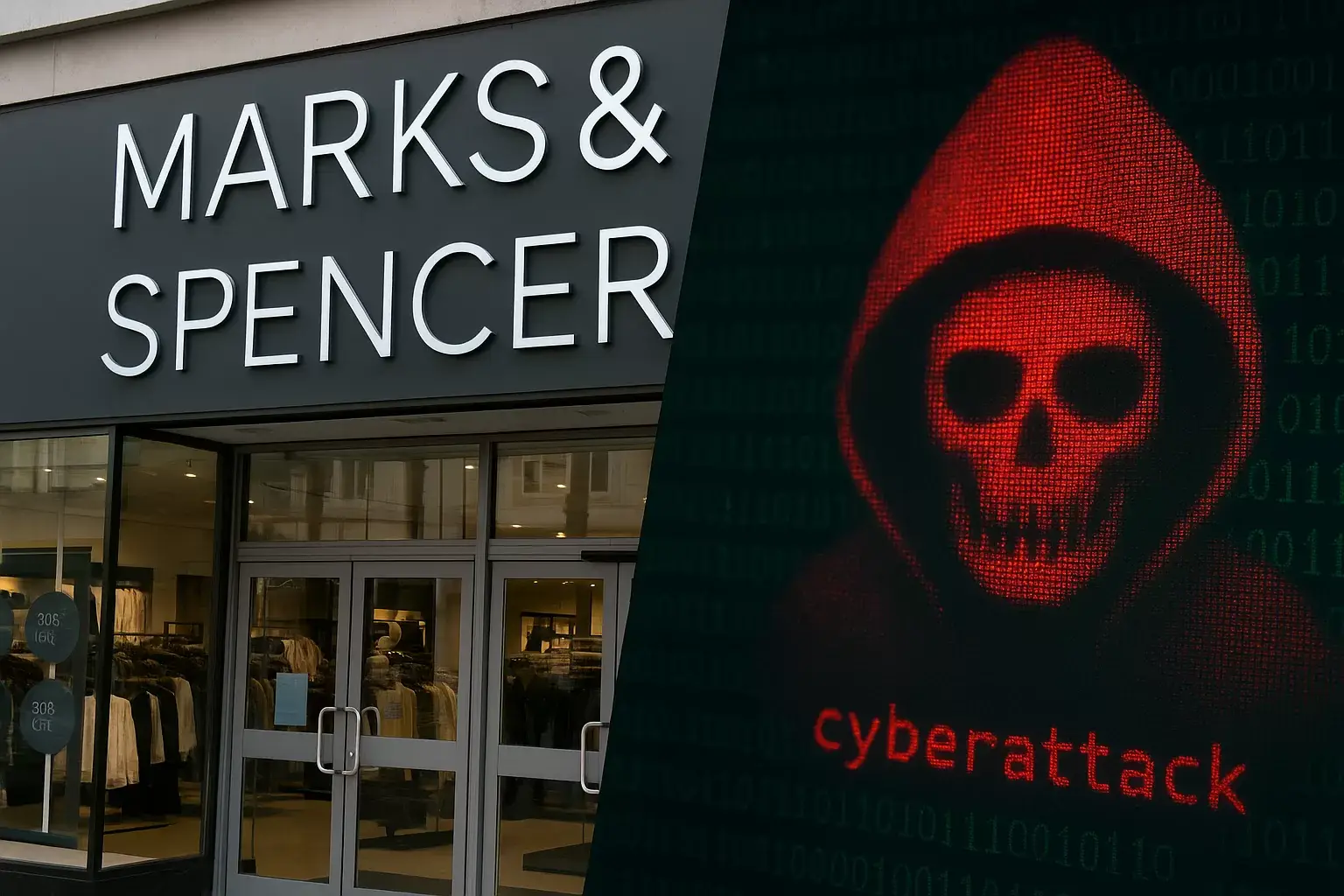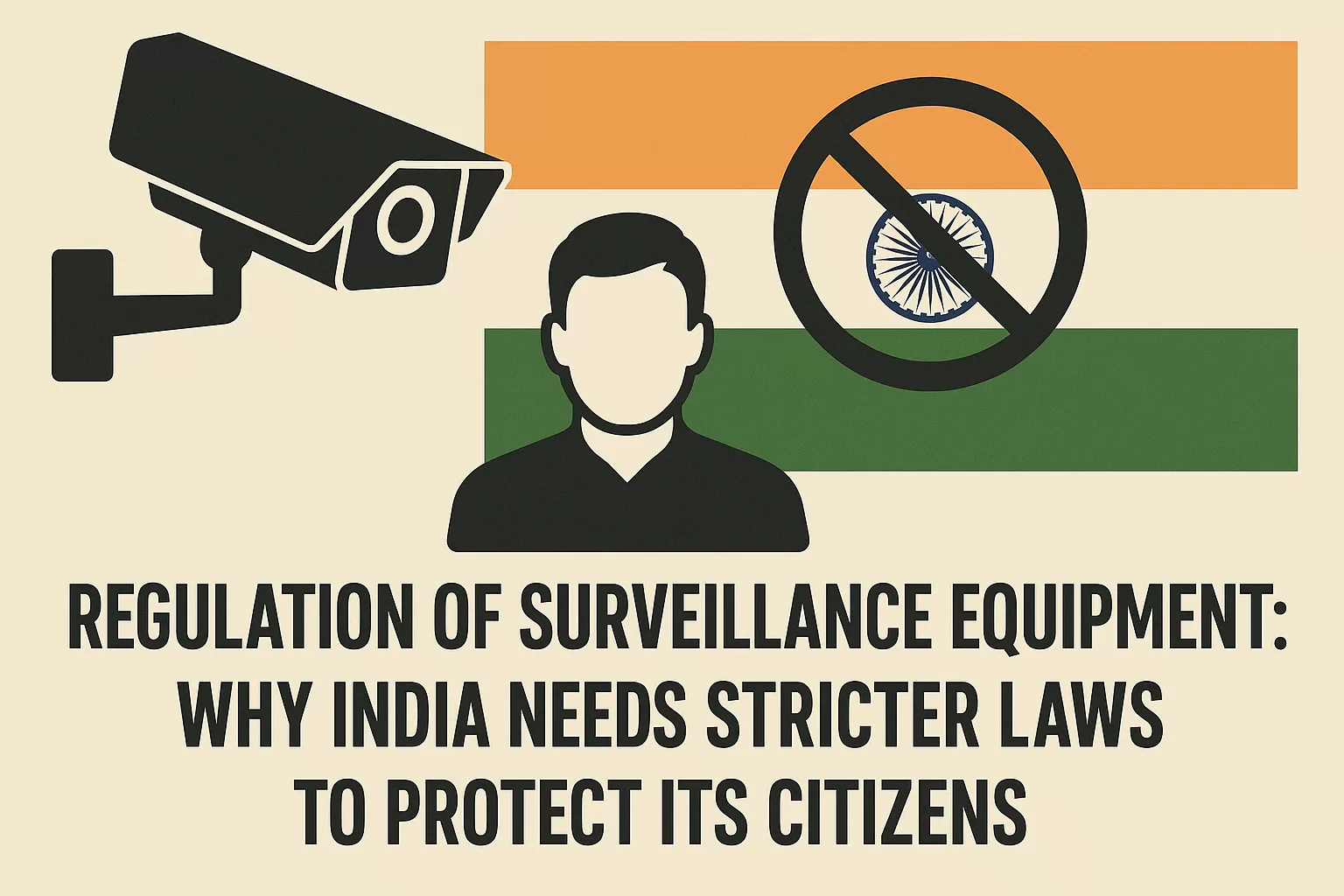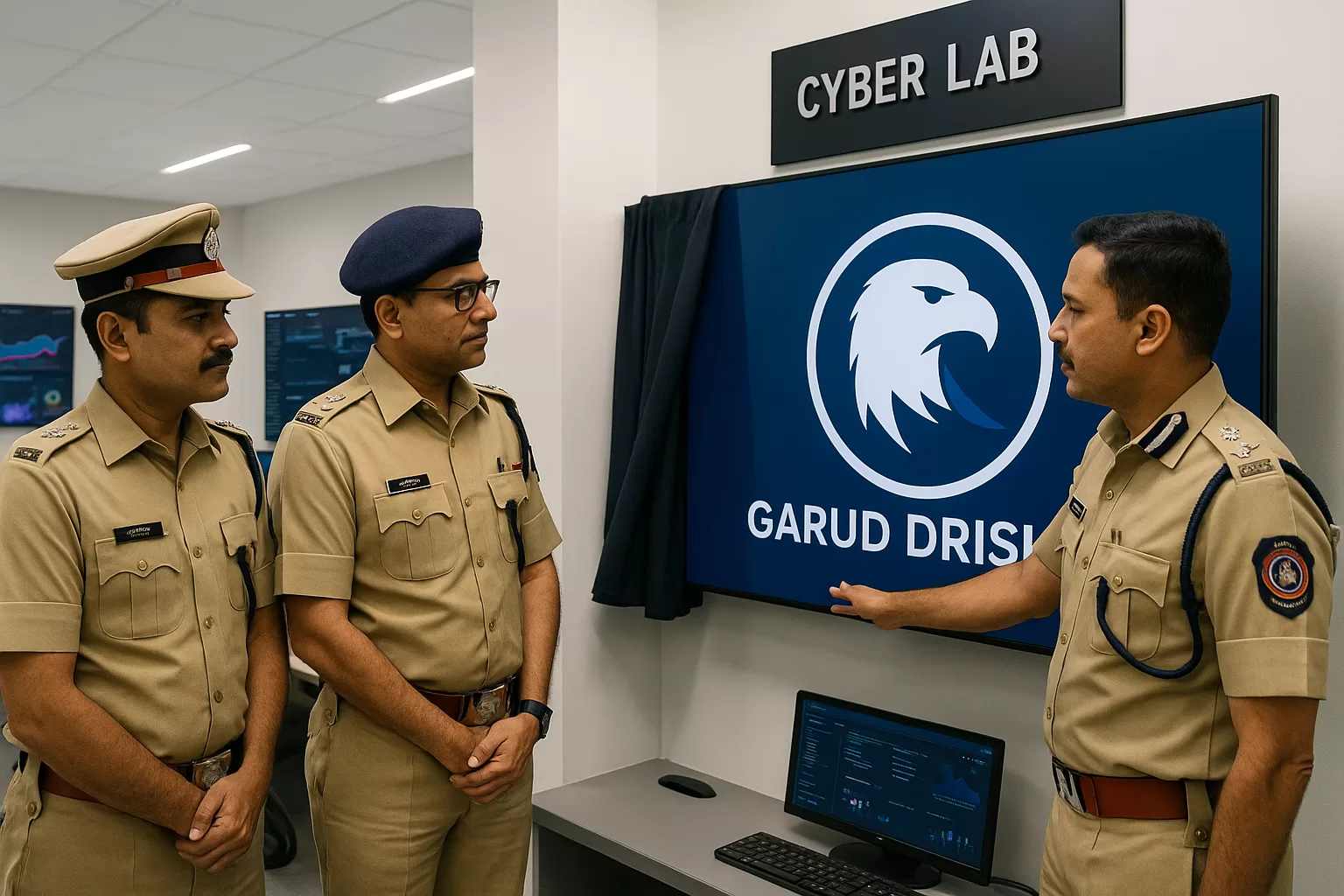
Artificial Intelligence (AI) has become a powerful tool in our daily lives — helping doctors diagnose faster, assisting businesses to automate, and making our devices smarter. But there’s a dark side growing just as quickly. Criminals are now using AI to launch cyberattacks that are faster, more sophisticated, and harder to detect.
One shocking example recently occurred in the UK: a ransomware attack hit Synnovis, a provider of pathology services to the National Health Service (NHS). It disrupted thousands of patient procedures, including blood tests and surgeries. The reason? Criminals armed with AI-driven malware.
Let’s break down what’s happening, how AI is making cybercrime worse, and what you can do to stay safe.
What Happened at Synnovis?
On June 3, 2024, Synnovis was hit by a ransomware attack claimed by a group called Qilin. The hackers used advanced tools powered by AI to encrypt sensitive files and demanded millions of dollars in ransom to unlock them. The consequences were severe:
- Over 3,000 NHS appointments were cancelled.
- Blood transfusions and operations had to be postponed.
- Lab tests were brought to a standstill.
- Patients’ health was put at risk.
This wasn’t just a digital inconvenience—it was a real-world crisis. And it showed how dangerous AI can be in the wrong hands.
How Is AI Making Cybercrime Smarter?
AI allows criminals to launch cyberattacks with terrifying precision and scale. Here’s how:
- Deepfakes and Voice Cloning:
AI can generate fake videos and clone voices, making it easy to trick people into sending money or sharing confidential information. For instance, scammers can call pretending to be your boss or family member with shocking accuracy. - Automated Phishing Attacks:
AI can send out thousands of personalized scam messages—emails, texts, or even WhatsApp messages—designed to look exactly like messages from your bank, Amazon, or even government portals. - Agentic AI: Autonomous Decision-Making
A new generation of AI, called “agentic AI,” can take actions on its own—without human input. These bots can break into systems, transfer money, and even cover their tracks. It’s like giving a cybercriminal a robot assistant that never sleeps. - AI-Powered Malware and Ransomware:
Traditional malware needs a hacker to guide it. AI malware can learn and adapt, making it much harder for antivirus software to catch.
Who Is Being Targeted?
Nobody is safe anymore—AI-powered cybercrime targets:
- Hospitals and healthcare systems – like the NHS incident.
- Small businesses – which often don’t have strong cybersecurity.
- Students and job-seekers – tricked with fake job offers or scholarships.
- Elderly and non-tech users – misled by official-looking calls or messages.
- MSMEs – through fake investment platforms or “too-good-to-be-true” projects.
Real-Life Scams Using AI
Case 1: Job Scam with Deepfake Interviews
In 2024, several Indian graduates fell for a scam where AI-generated HR managers interviewed them via Zoom and offered high-paying remote jobs. Victims were asked to pay for “visa processing” or “training kits,” only to realize later that it was a trap.
Case 2: WhatsApp Voice Scam
In Mumbai, a businessman received a voice call from what sounded like his daughter asking for urgent money. It was an AI-generated voice clone. He transferred ₹2 lakhs before discovering the fraud.
How Can You Protect Yourself?
Cyber threats are growing, but awareness and simple habits can help you stay protected.
🔐 Tips for Individuals:
- Think Before You Click: Never click on links from unknown messages or emails.
- Don’t Trust Voices or Videos Blindly: Always verify by calling back or checking through another channel.
- Install Antivirus Software: Use trusted tools and update them regularly.
- Enable Two-Factor Authentication (2FA): It’s a simple way to secure your accounts.
- Avoid Free Wi-Fi for Sensitive Tasks: Public networks are playgrounds for hackers.
🛡️ Tips for Businesses and MSMEs:
- Train Your Employees: Many scams succeed due to human error.
- Invest in Cybersecurity: It’s not a cost—it’s protection.
- Monitor Transactions and Data Access: Be proactive.
- Use Strong Authentication Systems: Especially for handling money or sensitive data.
- Backup Your Data Regularly: In case of ransomware, this is your best defense.
What Is the Government Doing?
Governments around the world, including India, are stepping up efforts:
- Helpline 1930: For immediate cyber fraud reporting.
- Cyber Crime Reporting Portal: cybercrime.gov.in
- Strict SIM card registration rules.
- AI task forces to counter AI-driven threats.
Final Words
AI is a double-edged sword. It can be used to cure diseases, drive cars, and solve big problems—but it can also be used to scam people, hurt hospitals, and rob businesses.
As AI grows, so should our awareness. By staying alert, asking questions, and being cautious, we can keep ourselves—and our communities—safe in this digital age.
Stay informed. Stay secure. Follow AB Media for real stories, expert tips, and the latest in cybersecurity awareness.






